The FA Cup is the oldest national football competition in the world, and the second-most prestigious title in England after the Premier League.
Clubs from the Premier League meet the likes of lower league clubs from the Championship, League One and League Two in a knockout competiton, making for some exciting ties that no doubt lead to thrilling 'giant-killings'.
There have been some changes made to the historic competition, however, regarding replays in the event of a draw at the end of the 90 minutes – and Goal has everything you need to know about the new rules.
- What rounds do FA Cup replays take place?
- Will FA Cup replays be scrapped?
- Why do FA Cup replays exist?
What rounds do FA Cup replays take place?
Replays take place in rounds up to and including the fourth round of the competition, and are played at the venue of the away team at least 10 days after the initial tie. If the score remains a draw in the second game, then half-an-hour of extra-time follows. If the result remains locked following the conclusion of additional minutes, the game moves onto a penalty shootout.
There are no replays, however, in the fifth round onwards , up to and including the final. In the event of a draw after regular time, half-an-hour of extra-time follows, with a penalty shootout subsequently required if the scores stay level.
The 2018-19 season was the first season in which the fifth round has not gone to a replay. Two matches went to a replay in 2017-18, after Sheffield Wednesday and Rochdale held Swansea City and Tottenham Hotspur to a draw respectively in their initial encounters, before suffering reverse defeats.
Will FA Cup replays be scrapped?
There are currently no official plans to scrap replays up to and including the fourth round. Indeed, the fifth round in 2018-19 was still meant to include replays in the event of a draw.
The progression of six English sides into the knockout phases of European competition however saw the FA pull forward the plans initially slated for the 2019-20 campaign to abolish replays at the fifth round in order to help reduce fixture congestion for top six sides (Manchester City, Manchester United and Chelsea all remained in FA Cup contention heading into the last 16 of the previous season).
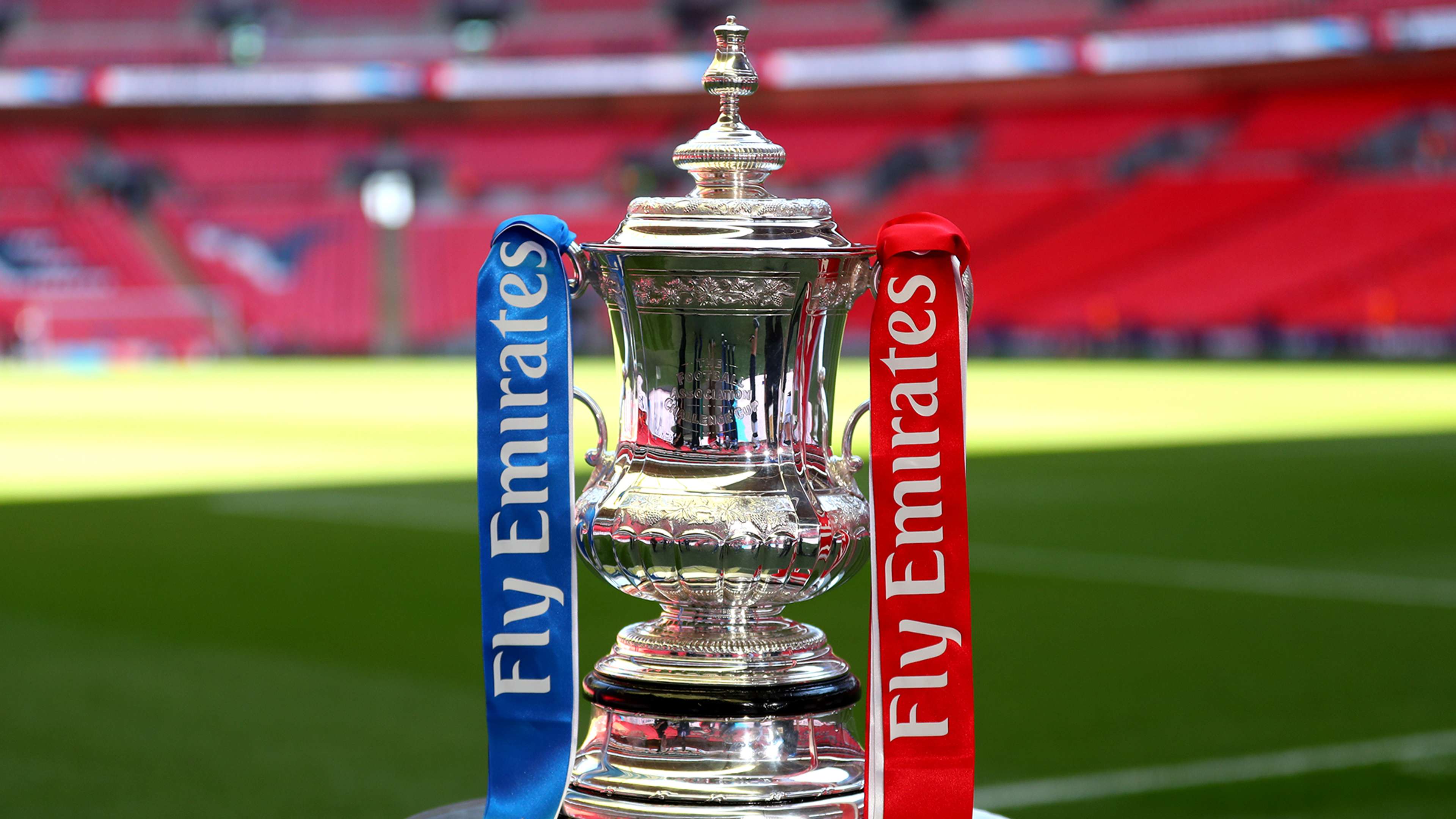 Getty
Getty
The decision to scrap replays at this stage has prompted concern from lower league sides that the competition may see them removed entirely in the near-future.
Plans also remain afoot to move the fifth round to midweek from next season onwards, a decision that has also sat awkwardly with some clubs.
Why do FA Cup replays exist?
The existence of the FA Cup replay can be traced back to the very first edition of the tournament, when Barnes and Hampstead Heathens played out a 1-1 draw in the second round, with a rematch required.
The first round, oddly enough, saw Hitchin and Crystal Palace play out a draw too, yet both were allowed to progress through to the next round instead of a replay.
Historically however, a replay was often seen as a fair way with which to split two sides in the result of a draw, though other competitions in association football used both coin tosses and the drawing of lots in knockout competition. Even as recently as just over a half-century ago, Italy progressed through to the final of the 1968 European Championships after winning a coin toss against the USSR.
The advent of the penalty shootout, credited to Yosef Dagan, arrived after Israel were knocked out of the 1968 Meixco Olympics quarter-finals by Bulgaria through the drawing of lots.
The first official shootout in England took place two years later in 1970, when Manchester United defeated Hull City in the semi-finals of the Watney Cup.
Since then, extra-time and shootouts have been gradually phased in for the latter rounds of the tournament - but replays remain, to many, an integral part of FA Cup tradition.
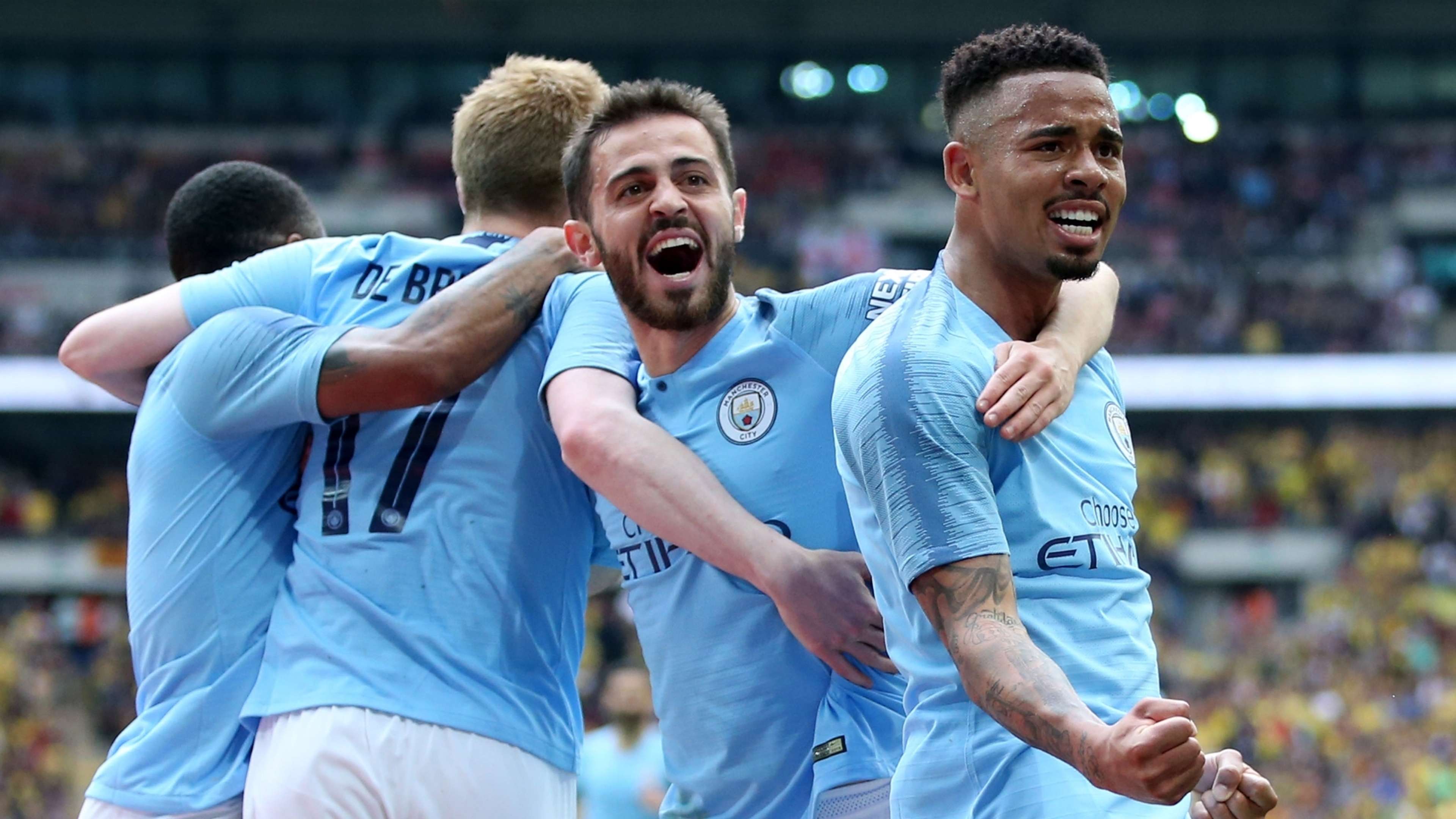
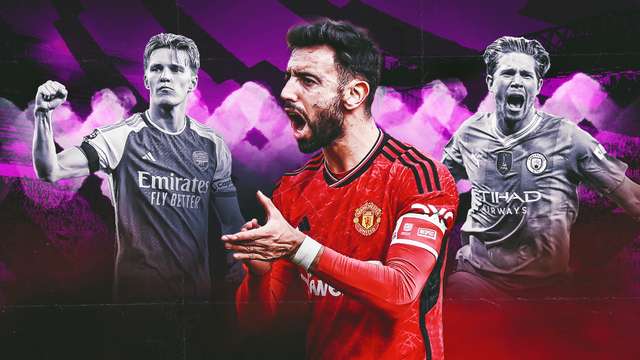
.jpg?auto=webp&format=pjpg&width=640&quality=60)
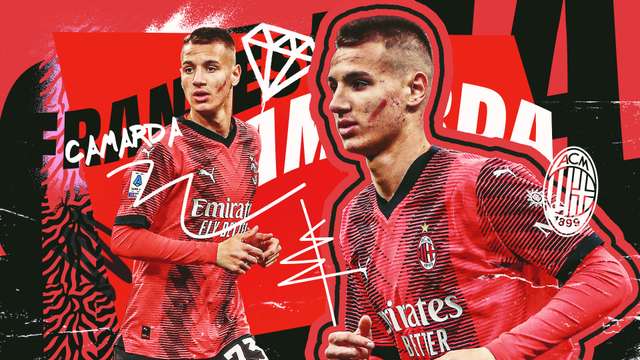
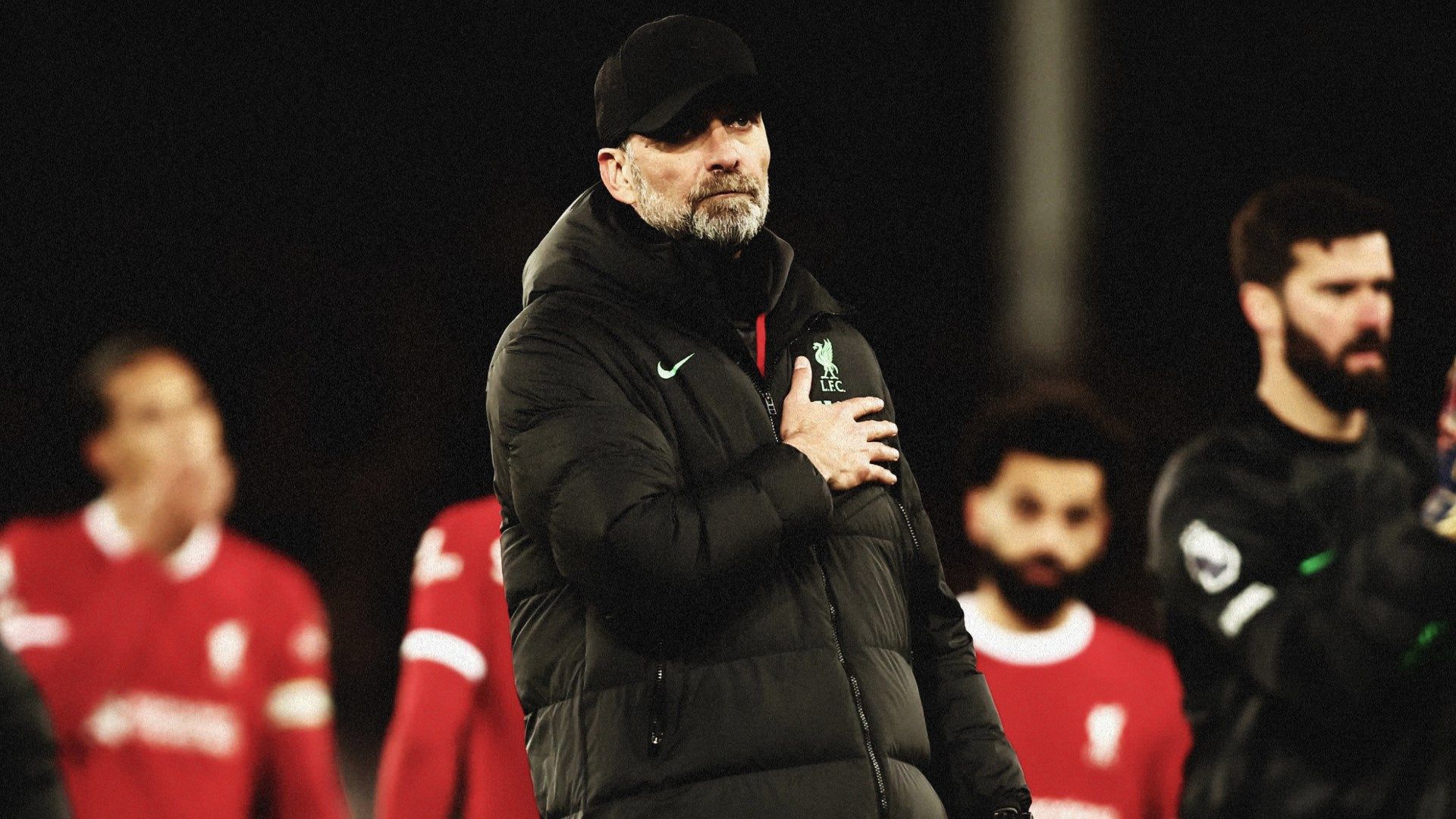.jpg?auto=webp&format=pjpg&width=640&quality=60)